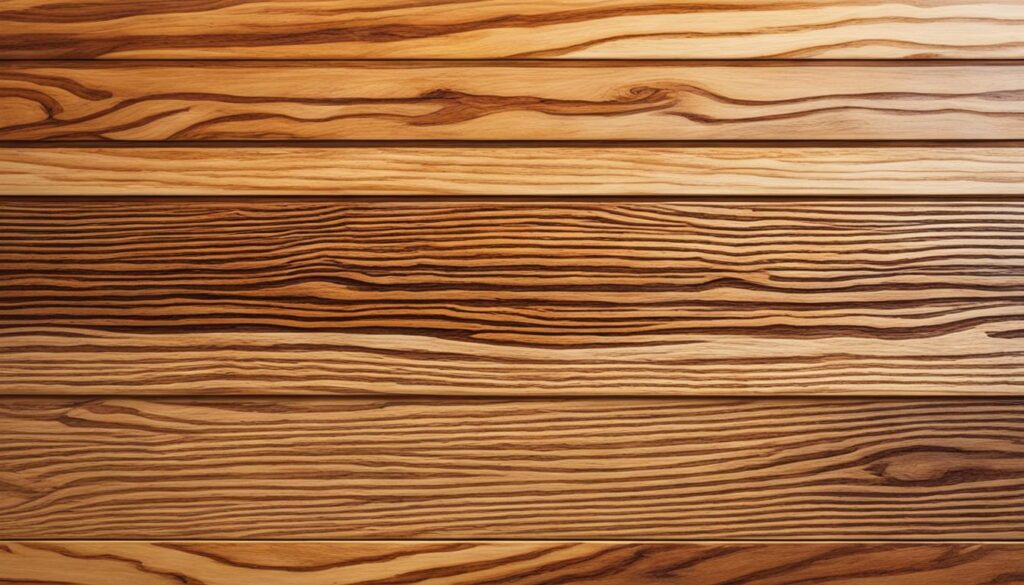Danish Oil is environmentally friendly due to its sustainable production practices and natural ingredients like linseed, tung, or walnut oils. The manufacturing process focuses on minimizing environmental impact by using renewable resources and reducing waste and energy consumption. Environmental impact assessments further guarantee the product's eco-friendliness by evaluating factors such as carbon emissions and waste management. For those looking for sustainable wood finishing options, Danish Oil stands out for its commitment to environmental responsibility. For more insights on eco-friendly wood finishes and alternatives to Danish Oil, continue exploring the provided information on sustainable practices and products.
Danish Oil Production Process
The Danish oil production process involves a series of meticulously controlled steps aimed at ensuring high-quality and environmentally friendly end products. Sustainability practices are at the core of Danish oil manufacturing techniques. From the selection of raw materials to the final packaging, every stage is designed to minimize environmental impact while maintaining product excellence.
One key aspect of sustainability in Danish oil production is the careful sourcing of natural ingredients. Manufacturers prioritize using renewable resources such as linseed oil and other plant-based extracts. These materials not only contribute to the superior quality of the oil but also align with environmentally conscious practices.
Furthermore, manufacturing techniques focus on reducing waste and energy consumption. Danish oil producers implement efficient processes that optimize resource utilization and minimize carbon footprint. By investing in innovative technologies and continuous improvement initiatives, the industry sets high standards for eco-friendly manufacturing practices within the wood finishing sector.
Ingredients in Danish Oil
A variety of natural ingredients, carefully selected for their quality and environmental sustainability, form the foundation of Danish Oil. Danish Oil typically consists of a blend of eco-friendly ingredients sourced through sustainable practices. These ingredients often include natural oils such as linseed, tung, or walnut oil, which are known for their ability to penetrate wood surfaces deeply, enhancing their durability and appearance.
Unlike some traditional wood finishes that may contain toxic chemicals like volatile organic compounds (VOCs) or formaldehyde, Danish Oil is generally free from such harmful substances. This absence of toxic chemicals in Danish Oil reduces health concerns for both individuals applying the oil and those who will be in contact with the finished wood products.
Environmental Impact Assessments
Conducting thorough environmental impact assessments is essential in evaluating the sustainability of Danish Oil production and its overall ecological footprint. These assessments help in understanding the potential harm the production process may cause to the environment. When examining Danish Oil, key areas of concern include carbon emissions, waste management, deforestation, and water pollution.
The following table provides a brief overview of the environmental impacts associated with Danish Oil production:
| Environmental Impact | Description |
|---|---|
| Carbon Emissions | Assessment of greenhouse gas emissions during production processes. |
| Waste Management | Evaluation of how waste materials are handled and disposed of responsibly. |
| Deforestation | Investigation into the impact of wood sourcing practices on deforestation rates. |
| Water Pollution | Examination of potential contamination of water sources during production. |
Alternatives to Danish Oil
Exploring sustainable substitutes for Danish Oil involves a thorough evaluation of eco-friendly alternatives that align with environmental conservation goals. When seeking alternatives to Danish Oil, eco-friendly finishes, wood alternatives, sustainable varnishes, and natural sealants emerge as viable options.
Eco-friendly finishes, such as water-based varnishes or plant-based oils, offer a sustainable choice for wood finishing. These finishes are formulated with low volatile organic compounds (VOCs), reducing harmful emissions into the environment compared to traditional oil-based Danish Oil.
Wood alternatives like bamboo, reclaimed wood, or FSC-certified wood provide environmentally conscious choices for projects that do not require traditional wood finishes.
Sustainable varnishes derived from natural ingredients like beeswax or shellac offer protective coatings that are both effective and eco-friendly.
Natural sealants, such as linseed oil or tung oil, provide a non-toxic option that enhances the durability and longevity of wood products without compromising environmental considerations. By considering these alternatives, individuals can prioritize sustainability and eco-friendliness in their wood finishing projects.
Tips for Eco-Friendly Wood Finishing
When aiming to achieve eco-friendly wood finishing, it is important to prioritize the use of sustainable materials and practices to minimize environmental impact. Sustainable sourcing is a vital aspect of environmentally friendly wood finishing. Opt for wood that is certified by organizations such as the Forest Stewardship Council (FSC) to guarantee it has been responsibly harvested from well-managed forests. By choosing wood from sustainable sources, you are supporting the preservation of forests and biodiversity.
Another essential tip for eco-friendly wood finishing is to use non-toxic finishes. Traditional wood finishes often contain harmful chemicals like volatile organic compounds (VOCs) that can negatively impact indoor air quality and the environment. Instead, look for natural finishes such as plant-based oils, waxes, or water-based products that are low in VOCs and safer for both the user and the environment.
These non-toxic finishes are biodegradable and reduce the emission of harmful substances into the air, promoting a healthier living and working environment while still providing a beautiful finish for your wood projects.
Welcome to WoodCraftYard.com, your one-stop destination for all things woodworking! I’m Oliver Candler, a dedicated woodworking aficionado and the creative mind behind this virtual woodworking haven. With a deep-rooted love for craftsmanship and a keen eye for detail, I am on a mission to share my passion for woodworking with fellow enthusiasts like yourself.
As a seasoned woodworker, I am committed to providing you with valuable insights, practical tips, and inspiring project ideas to help you unleash your creativity and master the art of woodworking. Whether you’re a seasoned pro or just starting out on your woodworking journey, join me as we carve, sand, and saw our way through the world of woodworking together.
Let’s embark on this woodworking adventure, where every knot, grain, and finish tells a unique story. Together, let’s craft, create, and build something truly extraordinary at WoodCraftYard.com!



